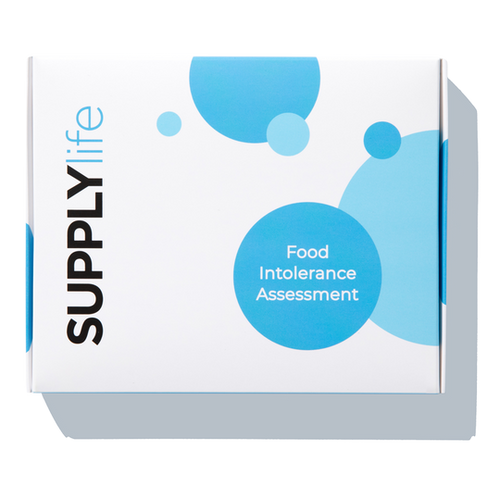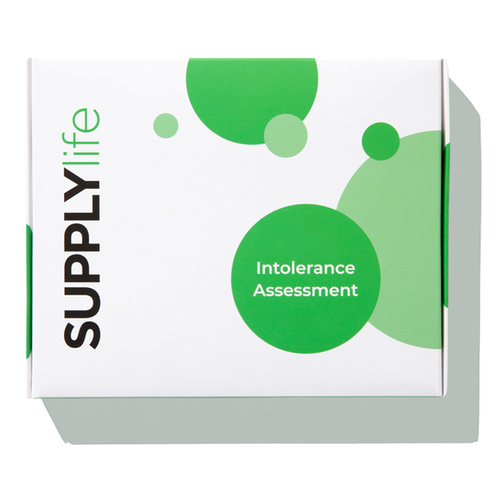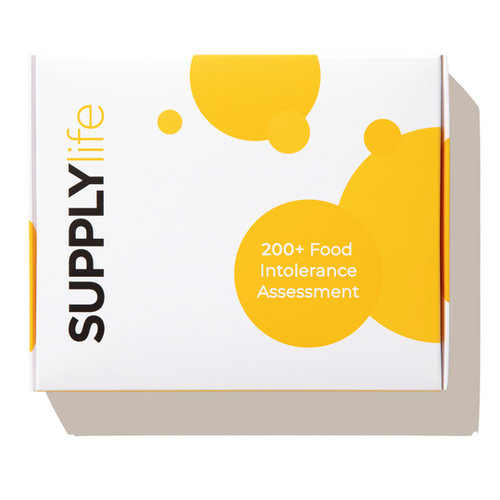What is food intolerance?
Food intolerance, sometimes known as food sensitivity, is a condition where your body reacts negatively to certain foods that are hard to digest. This can lead to a range of uncomfortable symptoms that affect your daily life. Unlike food allergies, which involve an immediate immune response and can be life-threatening, food intolerances generally cause less severe but still significant discomfort.
Understanding how food affects your body can help explain why some people are sensitive to certain items. For example, lactose intolerance occurs when the body lacks the enzyme lactase needed to digest lactose, the sugar found in dairy products. Recognising these reactions is essential for managing symptoms and improving your well-being.
It's important to distinguish between food intolerances and food allergies. Food allergies involve an immediate immune response, producing Immunoglobulin E (IgE) antibodies that can lead to severe reactions like anaphylaxis. Food intolerances typically involve the digestive system and don't trigger the immune system in the same way, though they can still cause significant discomfort.
Get started.
Our range of food intolerance tests

CORE Test
£137.00
64 foods tested
Helps with Bloating
Trusted by doctors & nutritionists
A home test kit
Microarray technology in our lab in Cambridge
IgG 1, 2, 3 & 4 the most advanced test form
A follow up call with a Qualified nutritionist
Support Guide Books
Speedy 7 days results delivery
No reaction money back guarantee

Essential Test
£207
205 Foods Tested
Helps with Bloating
Improve energy and brain fog in 10 days
Trusted by doctors & nutritionists
At home sample collection (pin prick)
Microarray technology in our lab in Cambridge
IgG 1, 2, 3 & 4 the most advanced test form
Speedy 7 days results
7 days on-going support from our team
A follow up call with a Qualified nutritionist
Support Guide Books
Tailored meal plan based on results
No reaction money back guarantee

Complete Body Test
£239.00
209 Foods Tested
Helps with Bloating
Improve energy and brain fog in 10 days
Helps Gut health, unwanted weight & skin health
Trusted by doctors & nutritionists
At home sample collection (pin prick)
Microarray technology in our lab in Cambridge
IgG 1, 2, 3 & 4 the most advanced test form
Speedy 7 days results
30 days on-going support from our team
A follow up call with a Qualified nutritionist
Support Guide Books
Tailored meal plan based on results
Gut re-adjust protocol
Used and trusted by Premier league football clubs
Used and trusted by Olympians and pro boxers
No reaction money back guarantee

ISO UK Accredited Laboratory

Market-leading Diagnostic Test

Free advice with each kit

Free UK Delivery









